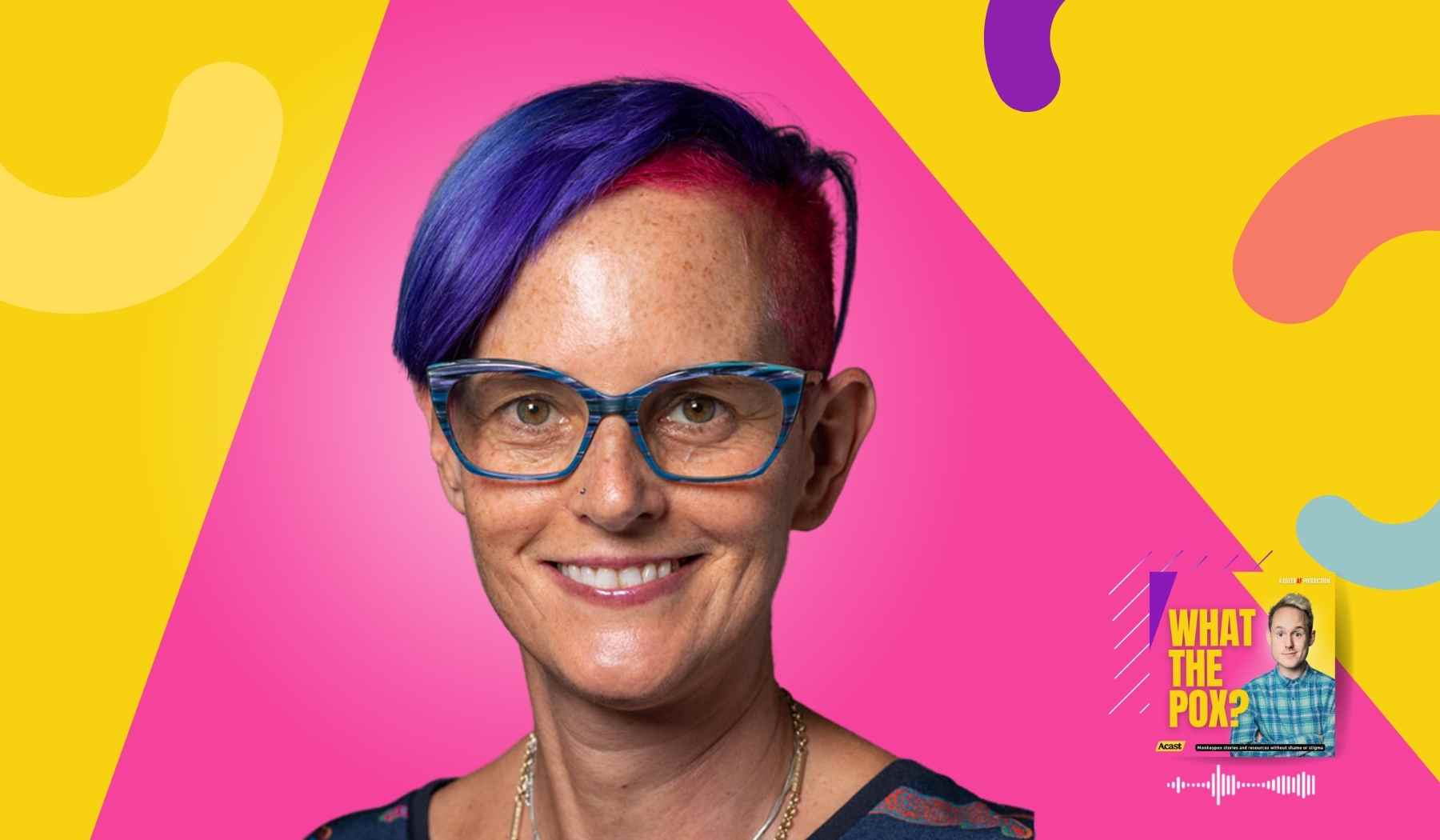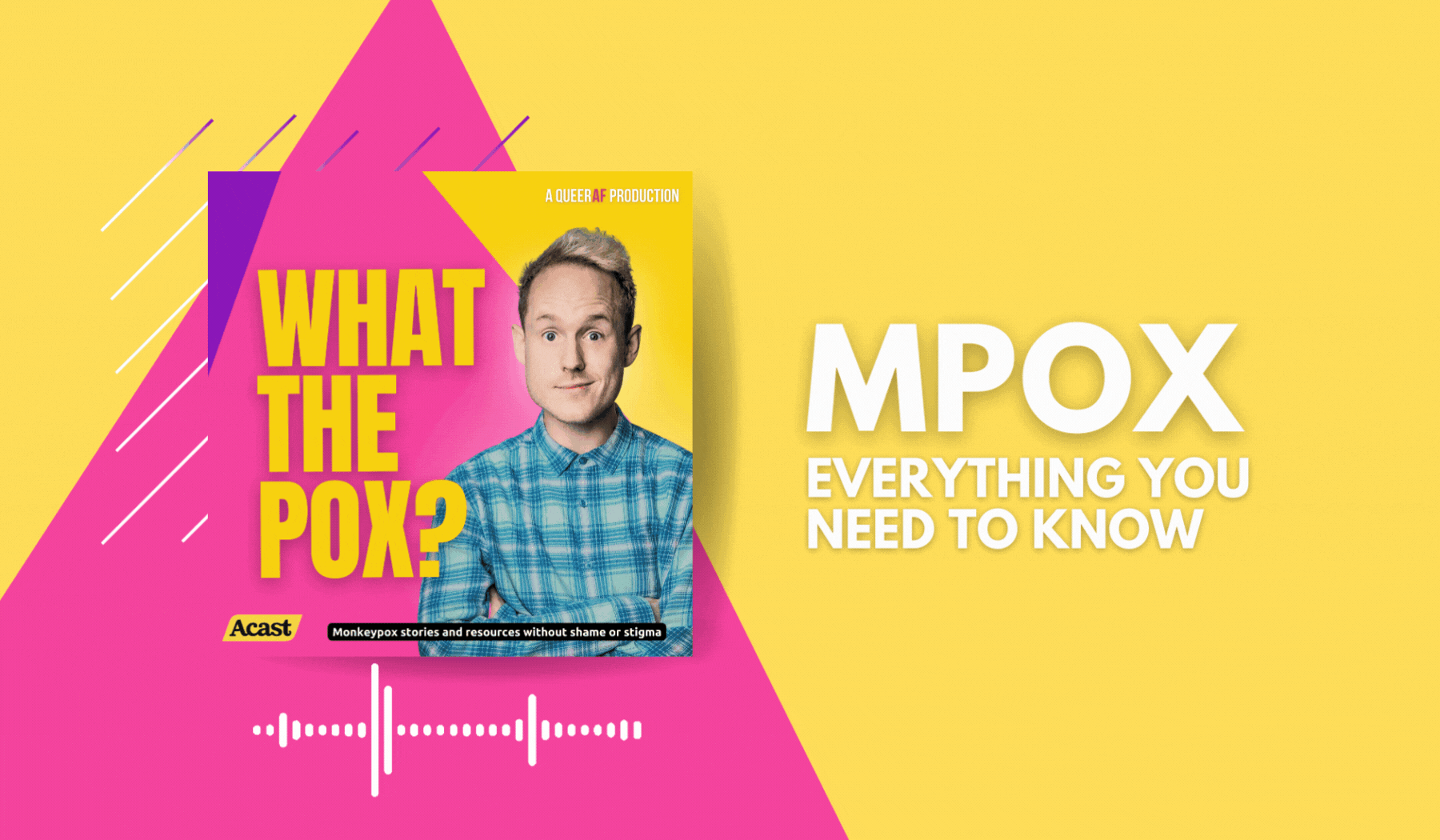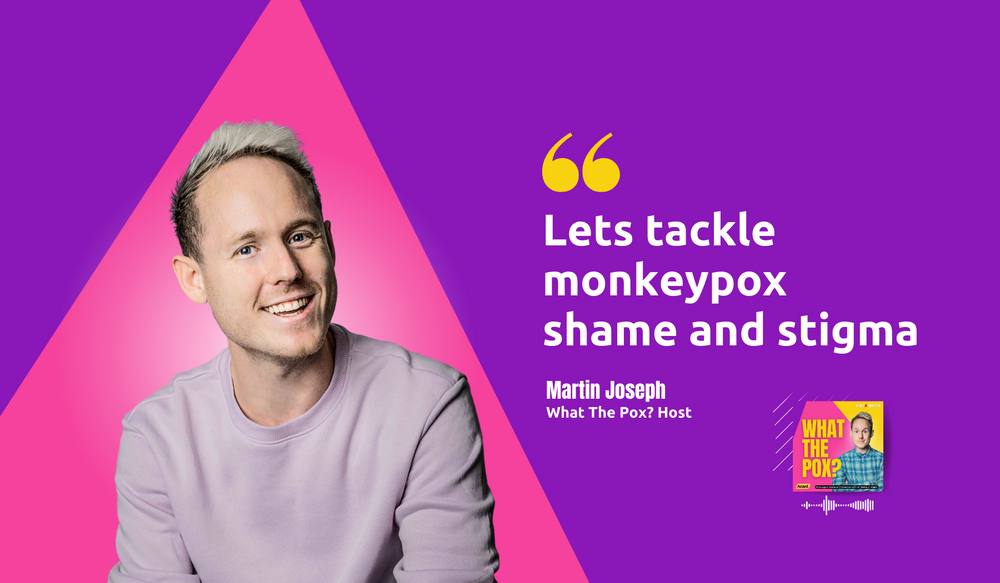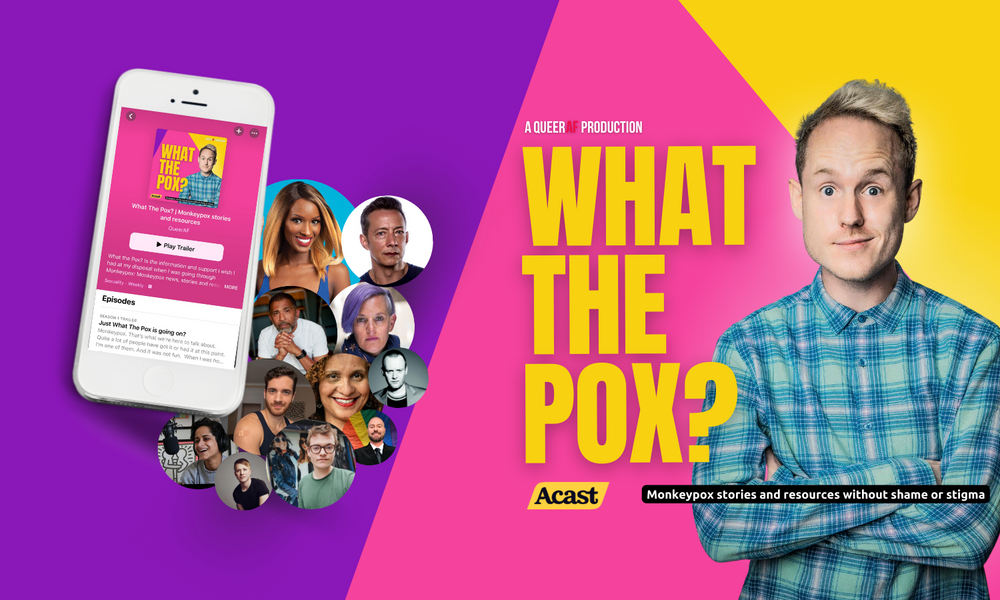By adding the words ‘sexually active’ before ‘gay,’ ‘bi,’ and ‘queer men who have sex with men’ we can find the crucial balance between getting information about monkeypox to those who need it most, without stigmatising the rest of the LGBTQIA+ community.
The misinformation around monkeypox has felt all too familiar for many in the LGBTQ community.
Some are less subtle than others, but prejudiced headlines in both UK and US media have tried to position 'gays' as the problem behind the Global North's monkeypox outbreak.
These headlines have put the LGBTQ community on the back foot.
Many media outlets have used emotionally charged language like “super spreader” gay pride events. Others frame Grindr sexual health advice as alarming “alerts” that are actually not that unusual on the app.
These headlines led to a rush of shouts from many of us, including myself: "This isn't a gay and bi men's disease!"
We've got to keep saying ‘sexually active.’
Of course, by repeating this myth, even in an attempt to dispel it, these cries only further embedded the idea this was the case.
That's why leading sexual health experts quickly pointed out that this message also does a massive disservice to those needing information about the virus.
After all, it's the dense sexual networks, including those that went to large sex on-site events like Darklands, that has meant, in the UK at least, monkeypox is primarily affecting (in the high 90 percentile) sexually active gay and bi men.
And that's the crucial phrase a leading monkeypox researcher hopes we'll all use when we talk about gay, bi, queer and monkeypox: sexually active.
Understand the LGBTQIA news
Why we need to start talking about 'sexually active' gay and bi men that are affected by monkeypox
I started using it a few weeks ago after hearing an early edit of an interview with leading monkeypox researcher Professor Chloe Orkin on the What The Pox? podcast, which I've been executive producing.
Orkin delivers an incredible list of literally everything she has learned about the virus whilst doing world-leading extensive research in the last few months (Episode two, 30:00").
But it was this point on language that really stood out to me:
"There is a delicate balance in directing a public health intervention at a group at high risk without stigmatising them," Dr Chloe Orkin tells podcast host Martin Joseph.
"It's dangerous to say things like, 'anybody can get monkeypox, it's not a gay disease, it's not an African disease' – because, although that's true, we must also say: 'But it is happening in sexually active gay and bi men's sexual networks.'
"We've got to keep saying ‘sexually active.’ It's not happening in the gay male community; it's happening in the sexually active gay male community."
"We need to provide public health interventions for the community at highest risk."

To summarise, Orkin is advocating for adding the words ‘sexually active’ before ‘gay,’ ‘bi,’ and ‘queer men who have sex with men.' It's so we can find the crucial balance between getting information about monkeypox to those who need it most without stigmatising the rest of the LGBTQ community.
Dr Chloe Orkin also spoke about how she'd seen the same levels of pain, hatred, and resentment towards the queer community – as she did with HIV. Which is why she was advocating for a change in the language, so we all don't repeat the mistakes of previous outbreaks and pandemics.
Of course, doctors in central and west Africa have been calling for help for some time now. But now the outbreak is moving between people in different ways, including through sex, monkeypox is leaving some in the US in financial ruin and others scared, alone, and isolated.
Dr Chloe Orkin's suggestion is a subtle but crucial change we can all make to help end the silence on this outbreak.
Let's change the way we talk about monkeypox so those who need the information most – get it.

We've supported Martin Joseph to make his podcast What The Pox? not because we think it will get loads of listens. We didn't make it because we thought it would make us loads of revenue. We did it because it's vital information no one else is providing.
Crucially, we only knew this because he came to us and told us his experince - and that's guided us ever since. The response to the show already has shown just how important it will be.
Unlike the rest of the media, we make decisions based on what the community says it needs. We trust lived experience to guide us, not clicks.
It's why I love reading the replies I get from our newsletter every week. It's why I'm so grateful QueerAF members set a clear agenda for what content we should commission when they sign up. It's why I feel incredibly lucky to work with queer and underrepresented voices.
We can change the media and our world by lifting them up and kick-starting their careers together. If you can, take a look at our membership page and see how you can support us.













